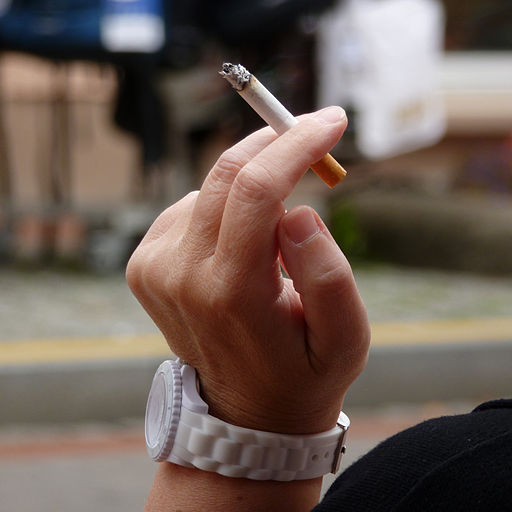Since the earliest days of Alcoholics Anonymous, with coffee flowing and cigarette smoke pooling in the rafters, tobacco use and addiction recovery have seemed indelibly interlinked. A daily cigarette (or pack) can provide those who are struggling with addiction a much-needed physical and mental refuge, a single vice to be retained after giving up all other addictive substances.
Is Smoking Popular with Addicts?
According to the CDC, adults in the U.S. who have some form of addiction are twice as likely as other adults to regularly use tobacco. This figure has remained consistent even as tobacco usage rates throughout the country have entered a steep decline. In fact, a study of treatment centers from 1987 through 2015 indicated that the percentage of people seeking treatment who considered themselves a smoker had not decreased one bit during this nearly 30-year period.
In response to this inertia, some treatment providers have begun to crack down on tobacco use during and after treatment, citing studies that indicate quitting smoking when entering rehab can significantly improve treatment outcomes. n a recent report, the CDC claimed that cigarette use would kill more people who enter treatment than the drug or alcohol abuse that prompted them to seek treatment in the first place. Also, with the introduction to electronic cigarettes one never knows what that person is really smoking and smoking THC in electronic cigarettes has become extremely popular.
But others fiercely oppose efforts to remove cigarettes from treatment programs, arguing that—unlike intoxicating substances like alcohol, cocaine, opiates, and marijuana—tobacco doesn’t pose a threat to public health. While acknowledging that smoking can increase one’s risk of lung cancer and other serious diseases, tobacco advocates claim that implementing a draconian anti-tobacco policy can turn people away from treatment before they even begin, ultimately causing more damage to their physical and mental health.
Will Anti-Tobacco Policies Turn People Away from Treatment?
Determining who has the upper hand in the tobacco-free versus smoker-friendly debate is tough to measure. After all, those who don’t seek treatment for a drug or alcohol addiction can risk major health problems, including higher suicide risk, a higher risk of being involved in a serious car crash, and the potential for heart, lung, and brain problems. On the other hand, those who attain sobriety but continue to use tobacco could be risking lung cancer, emphysema, heart disease, stroke, and a host of other ailments.
As more and more states pose significant restrictions on smoking, this question may eventually resolve itself. It’s not unforeseeable that the federal government could choose to tie addiction recovery reimbursement dollars to a treatment provider’s tobacco-free certification, especially when many individuals are paying for their treatment through their health insurance plan

